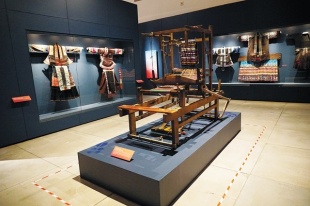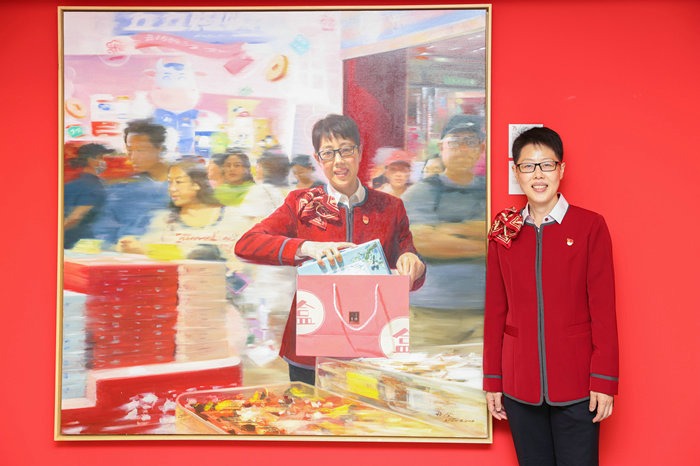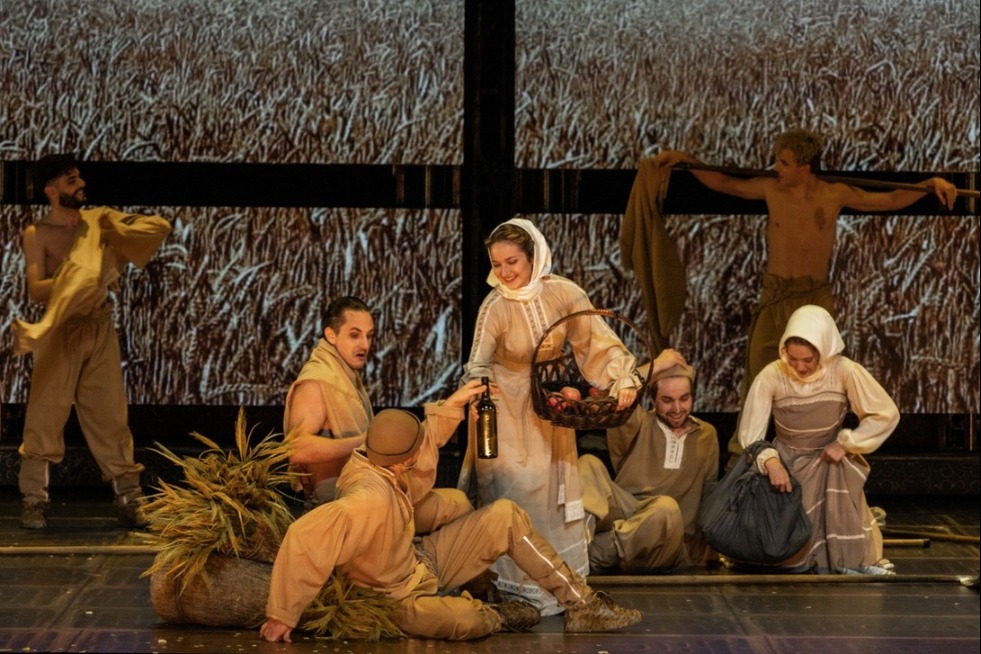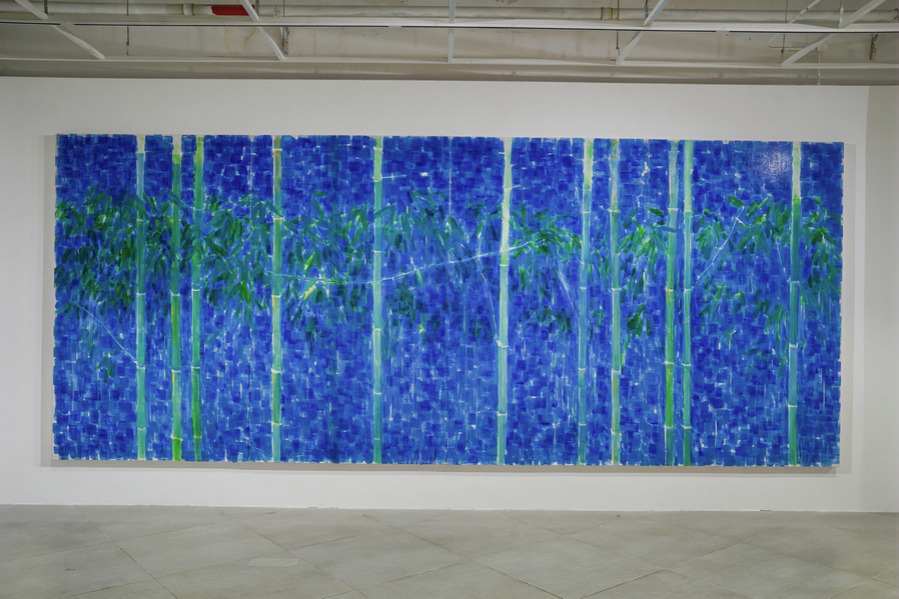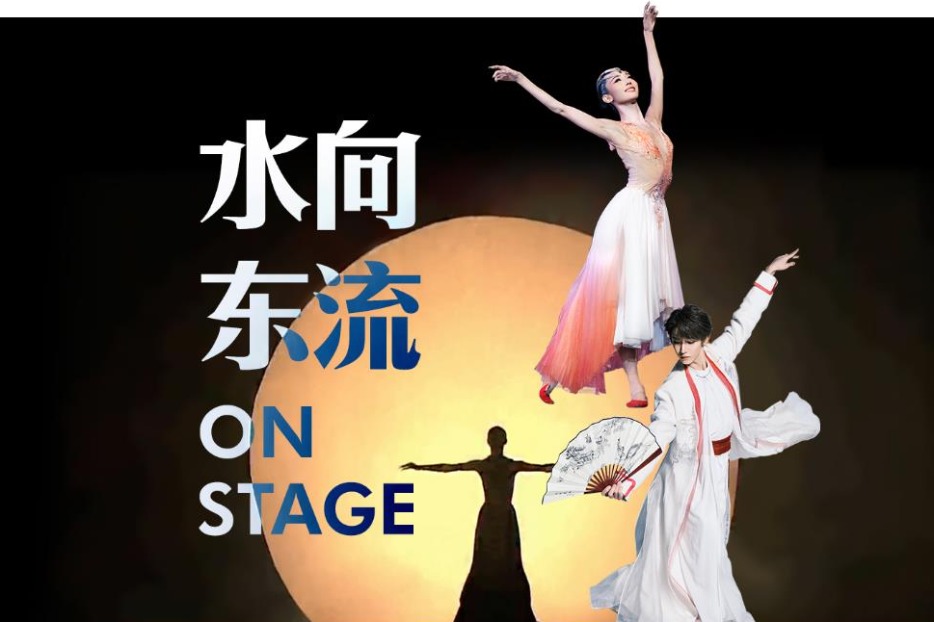Dressed in Guizhou ethnic tradition

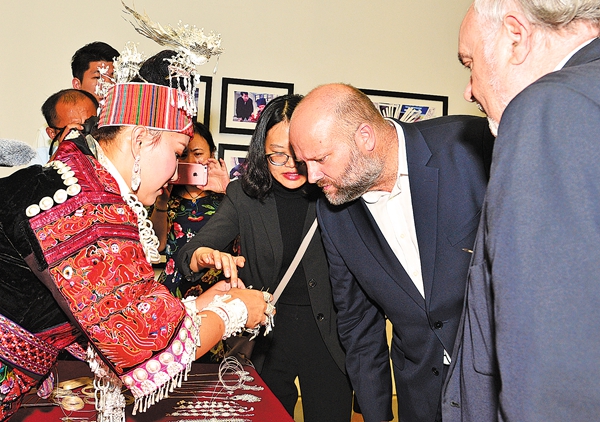
Since its opening, the museum has attracted around 500,000 visitors and 500 study tours for tourism and academic exchanges. As well as local citizens and travelers, the visitors also include costume research scholars, anthropology experts and designers.
According to Chen, the museum adheres to a two-way development route of "going out" and "bringing in". She has taken her collections to many exhibitions and events, both at home and abroad.
"We have hosted runway shows featuring our ethnic costumes in many countries, such as Denmark, Mexico, Australia and New Zealand," Chen says.
"Ethnic groups in Guizhou don't have big-name fashion designers, but everyone is (a designer). The traditional Miao clothes with bird patterns on are the result of a process with hundreds of elaborate steps."
From 2015 to 2019, Chen took her ethnic treasures to over 20 countries and regions for exhibition and in 2020, her collection entered the National Museum of China.
She has donated 18 sets of Guizhou ethnic costumes to the National Museum of China and 10 pieces of embroidery work to UNESCO.
Zhang Huiping, a staff member at the Multicolor Art and National Costume Museum, says that Chen has a strong sense of responsibility and leadership, as well as an innovative spirit and a talent for professional research.
"She has achieved many things, especially in the research, protection and inheritance of intangible cultural heritage," Zhang says.
"On the long road of inheriting and protecting the ethnic culture in Guizhou, Chen has been striving to encourage everyone around her, so that more people will understand the long history and culture of Guizhou and its exquisite ethnic craftsmanship," Zhang says.
Since 2003, Chen has published seven academic essays, and also a couple of books, about traditional ethnic costume in Guizhou.
Alongside running the museum, Chen has many other responsibilities, including her role as a member of the 11th executive committee of the Guizhou Provincial Women's Federation, the vice-president of The Society of Chinese Historical Costume, in Beijing, and an art expert at Guiyang No 1 High School.
She is also a designated ambassador of the Miao embroidery by the intangible cultural heritage office of China National Textile and Apparel Council.
Chen says that, in the past decade, the development of private museums is flourishing, and the increasing number of the collections and an intensifying atmosphere of intangible cultural heritage promotion have made her feel a sense of cultural confidence.


